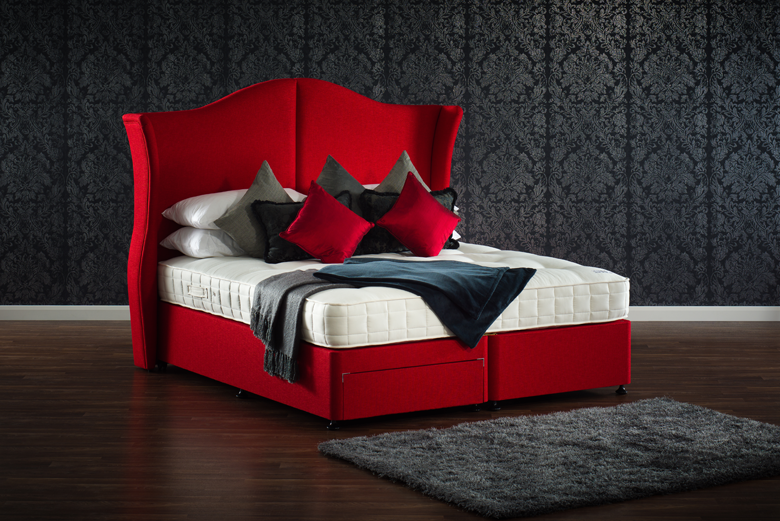Is 2019 Set to be a Landmark Year for Sustainable Travel?

New research into travel trends indicates that 2019 could be the year when the conscious traveller becomes mainstream. With the hospitality industry under pressure to respond to rapidly changing consumer preferences, Chris Ward, Group Marketing Director, explains how hotels can respond to developments in sustainable tourism.
“Sustainability” is a word on everybody’s lips these days. For the hospitality industry, the impact can be seen with rising numbers of conscious consumers that value green and ethical products and services. In fact, some studies show that as many as many as 87 per cent of global travellers state that they want to travel sustainably.
With deeper interrogation from travellers into the sustainable practices of both their destination and accommodation choices, we can expect environmental concerns to turn into greater action. But how do hotel managers ensure that they make real and substantive progress towards a greener future?
- Reducing waste
- Energy efficiency
- Working together
A recent survey into travel predictions has found that waste such as single-use plastics will continue to be a hot topic in 2019. It found that Millennials and Gen Z travellers, in particular, will look for sustainable experiences in their destination, while accommodation providers will look to reduce their plastic usage.
In the UK, it is estimated that 70 per cent of hospitality businesses are planning to reduce the use of single-use plastics, with 81 per cent aiming to reduce waste levels more generally. The task in hand is significant as WRAP estimates that two million tonnes of waste is generated by the UK’s hospitality industry annually. Hotels alone are thought to produce 289,700 tonne of waste each year, including 79,000 tonnes of food waste.
Tackling waste is a major challenge for the sector but managers should consider how external suppliers can help with initiatives such as recycling. For example, Hypnos aims to help hotels to eradicate the waste associated with old beds with a hassle-free disposal and recycling service, deconstructing them to create recycled raw materials for re-use in other industries. This responsible approach results in 100 per cent landfill avoidance and offers a green way of disposing old mattresses, beds and bedding.
Another common sustainability target for many hospitality businesses is lowering energy consumption. From central heating systems to lighting, hotels are working to reduce energy use while sustaining – and whenever possible enhancing – the guest experience.
Heating can account for more than 60 percent of energy used in a hotel. However, by implementing low cost housekeeping tips and deploying energy efficient equipment, this can potentially help to reduce heating costs by up to a third.
Investing in the latest technology, such as condensing boilers and energy-efficient lighting, will help to further reduce the carbon footprint of hotel buildings and help to attract environmentally-conscious guests. LED lights, for example, are easy to install, use up to 80% less energy than halogen bulbs and provide around 50,000 hours of light.
What’s more, money saved on energy goes straight to the bottom line which makes businesses more competitive - and with rising energy prices, this is more important than ever.
Finally, hotel managers can boost their green credentials by working with suppliers that place a high priority on environmentally conscious processes. This can be achieved on everything from food to furniture, and sustainability doesn’t have to come at the expense of quality or comfort.
Working together, businesses with similar mindsets can create a bigger impact on the sector and gradually change day-to-day processes. When it comes to beds, Hypnos has developed successful partnerships with major hotel groups around the world in an effort to help them to drive sustainability.
As a result, hotels have the kudos of being able to say that the Hypnos sleep solutions that they’ve installed comprise the finest natural and sustainable materials. This includes those made from recycled plastic bottles, as well as FSC® and PEFC™ certified timbers that have been sourced from managed forests, to create an ethically-conscious product. What’s more, many of the hoteliers we work with have also taken advantage of our recycling service, which is part of our 8 step sleep plan package, which covers everything from installation and interior design assistance, through to de-constructing old beds to create recycled raw materials for re-use in other industries.
Sustainable tourism is not just a ‘trend’ but a conscious way of living or doing business that is only going to grow over time as consumers demand more action on this front. Increasing awareness about sustainability issues has seen customers and guests becoming more discerning about the businesses they deal with. By taking steps in these three areas – waste, efficiency and suppliers – hotels can enhance their reputation and attract more customers by joining the increasingly important green tourism wave.
